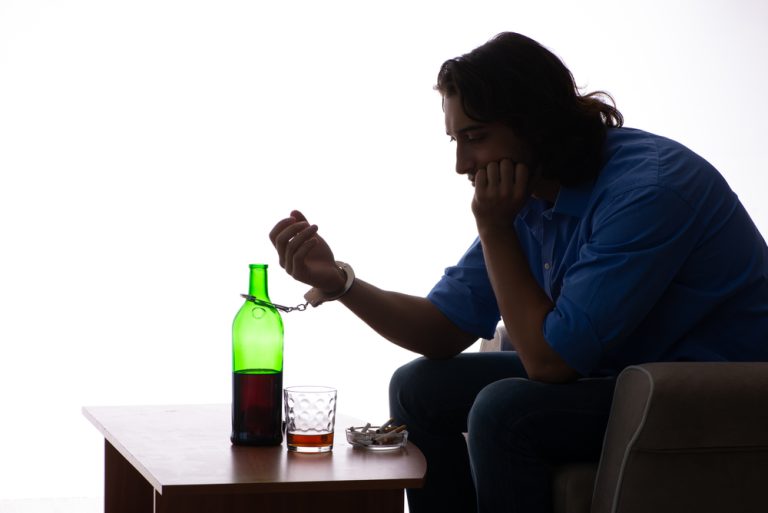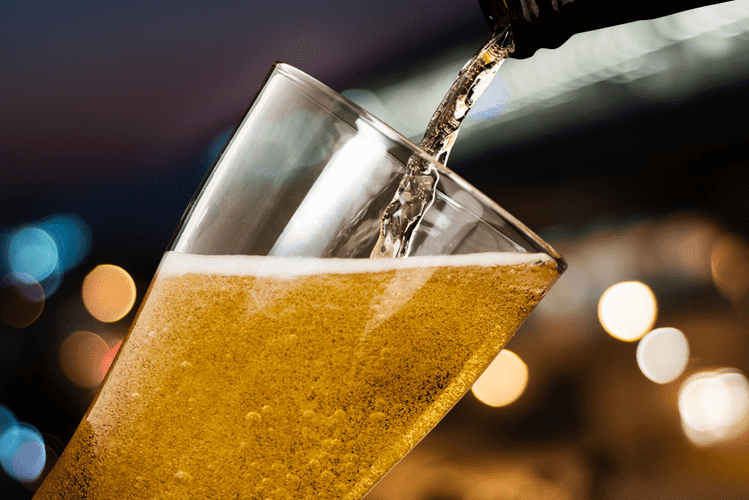Drug addiction substance use disorder Diagnosis and treatment
In some cases, our care teams prescribe medication to treat an underlying mental health condition, like depression or anxiety. In other cases, medication is used to help reduce cravings, ease withdrawal symptoms, http://childrensgames.ru/for-girls/item/cute-pet-hospital?category_id=11 and help prevent relapse. This is sometimes referred to as medication-assisted treatment (MAT), and is mostly used to treat addiction to opioids, heroin, prescription pain relievers, and alcohol.
- Exposure to the concept of a patchwork can encourage longer-term recovery by making it more stimulating.
- Medicines don’t cure your opioid addiction, but they can help in your recovery.
- Explore Mayo Clinic studies testing new treatments, interventions and tests as a means to prevent, detect, treat or manage this condition.
- It is better to set a goal that you will actually achieve than to plan to quit “cold turkey” and end up relapsing, which can be more dangerous than simply continuing without any changes.
Get the latest in health news delivered to your inbox!
Researchers say these hopeful findings are significant because they might inspire people to keep attempting recovery even after they endure multiple relapses. “That 75% number [of people who achieve remission] includes obviously people at the more severe end of the spectrum,” said Dr. David Eddie, who co-authored the study on recovery success and also teaches at Harvard Medical School. Studies show people usually recover, but as with Rasco and Mable-Jones, the process happens slowly after multiple relapses. Mable-Jones lost a decade to addiction, entering rehab and relapsing repeatedly. “We are literally surrounded by people who are in recovery from a substance-use disorder, but we don’t know it,” Kelly said. A separate study published by the CDC and the National Institute on Drug Abuse in 2020 found 3 out of 4 people who experience addiction eventually recover.

Treatment Options
- Blaming, accusing, causing guilt, threatening, or arguing isn’t helpful.
- They practice strength-based therapy, helping patients use their natural skills and talents to overcome issues and improve overall functioning.
- • Empowerment—finding the wherewithal to cope with recovery and the challenges of life, which breeds a sense of self-efficacy.
Teachers, parents, and health care providers have crucial roles in educating young people and preventing drug use and addiction. There is no one-size-fits-all approach when it comes to addiction recovery. Lifestyle changes, behavioral therapy, medications, and mutual support groups may all play a role in your treatment, but it is important to find https://www.e-creditcard.info/where-to-start-with-and-more-5/ the approach that works best for your needs. Addictive behaviors have similar neurological and psychological processes and create rewarding feelings and sensations, so replacement addictive behaviors are common among those trying to overcome an addiction. Focusing on finding rewarding, healthy strategies that support your long-term recovery.
HHS releases National Strategy for Suicide Prevention and first-ever Federal Action Plan
As people move along the recovery path, they not only gain new skills, they also begin to view themselves differently. A shift toward a new positive identity occurs as they encounter themselves in a new light. Frequent intoxication and, more broadly, the addictive http://zonemed.ru/risk-vozniknoveniya-artrita-u-muzhchin-i-zhenshhin-zavisit-ot-raznyx-prichin/ process often mean that people have violated their own values, morals, and standards. They feel intense remorse, guilt, and regret, and have a poor self-image. Through the recovery process, behavior again begins to align with their values and goals.
- Substance use commonly occurs alongside other mental health conditions.
- Around 40% to 60% of people working to overcome a substance use disorder will relapse at some point.
- Medications for opioid use disorder are safe, effective, and save lives.
- Each person’s timeline for recovery varies based on their unique needs, substance use history, and life circumstances.
- Going through the ways your addiction has taken away from your life and how it has impacted others may be painful.
- If you have an underlying mental health problem, such as anxiety or depression, it could worsen during the withdrawal phase.
- The principle of equifinality states that there can be many different pathways to a common developmental endpoint.
Center for Mental Health Services (CMHS)
Center for Substance Abuse Prevention (CSAP)

